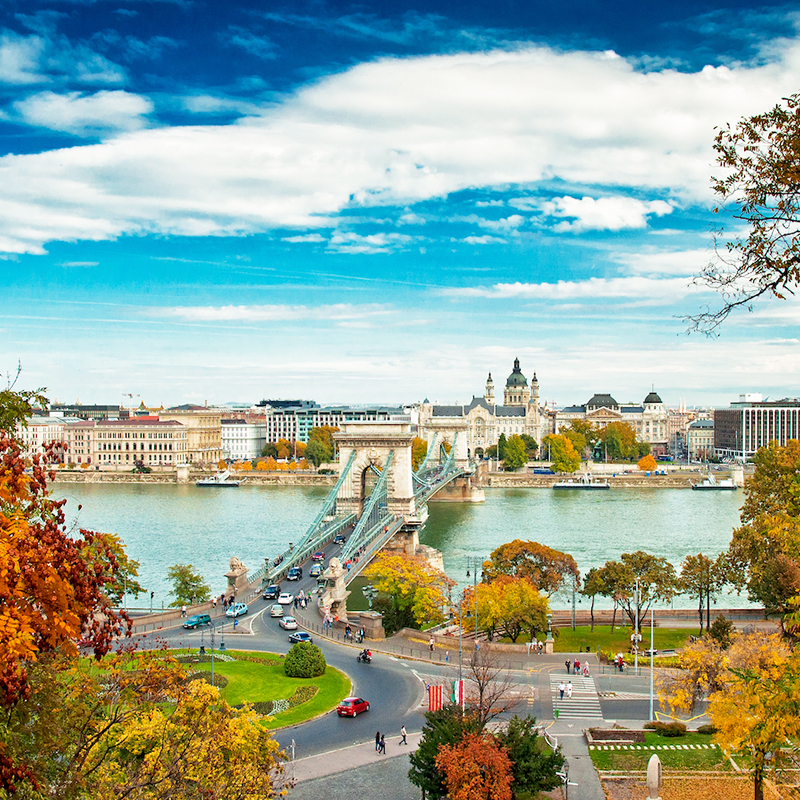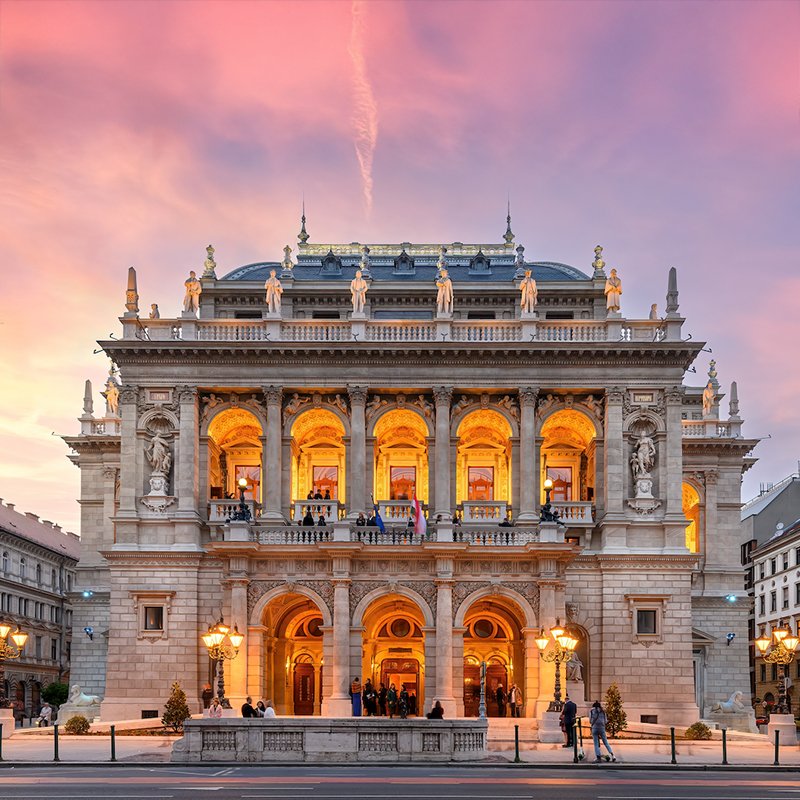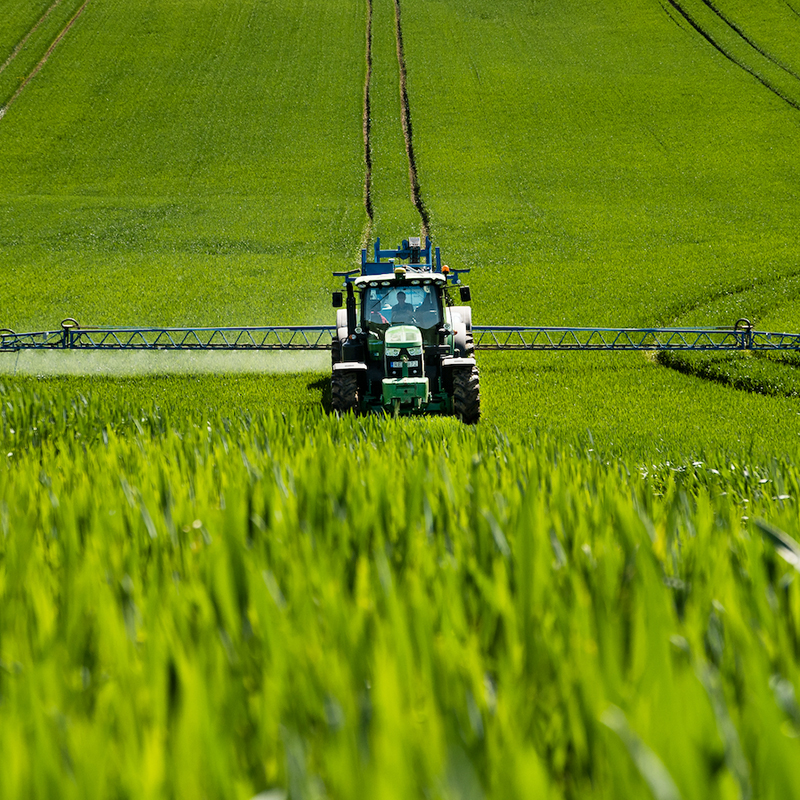A vibrant gem nestled in the heart of Europe, Hungary is increasingly recognized for its economic resilience and the growth potential, as well as its rich cultural heritage and strategic position.
With an economy expected to rise from 0.6% in 2024 to 3.1% by 2026, the nation is strategically positioned to strengthen its economic landscape. Tourism plays a pivotal role in Hungary’s success, contributing approximately $6 billion to the economy in 2024, with Budapest attracting millions of international visitors annually. Meanwhile, agriculture continues to be a cornerstone of the economy, accounting for 5.4% of the country’s gross value added—significantly surpassing the EU average.
The strong partnership between the United States and Hungary, forged through NATO membership and shared democratic values, is set to deepen under the Trump administration. Both countries are actively exploring new avenues for trade and investment, with a focus on expanding economic cooperation in sectors like energy, agriculture, and technology. As Hungary diversifies its economy, the growing U.S.-Hungary relationship will be vital to its continued prosperity and development, paving the way for a more dynamic future.
Agriculture powerhouse
Hungary’s agriculture remains a key economic driver, with 5.3 million hectares of farmland. It is a major producer of maize (7.9 million tonnes), sunflower seeds (1.8 million tonnes), and wheat (5.2 million tonnes in 2018). Livestock farming is also significant, with 2.6 million pigs and 35 million poultry in 2019.
Rural communities, home to 30% of the population, rely heavily on agriculture, which employs over 430,000 people. The sector generates €9.37 billion in annual exports and a €2 billion trade surplus. The government supports foreign investment through the Hungarian Investment Promotion Agency, offering consultancy and location services. Successful projects include Hungerit Zrt.’s €97.6 million poultry investment and CJ Foods’ new Central European facility.
However, climate challenges remain. The 2024 drought damaged crops and lowered Tisza River levels, prompting calls for improved water management. Despite this, Hungary’s agriculture adapts, blending tradition with innovation to sustain its role in the economy.

Talent and Higher Education
Hungary’s higher education system is a key driver of economic growth, supported by strong government investment in talent and innovation. Top universities like Eötvös Loránd and the University of Debrecen ranked highly in the 2024 Academic Ranking, particularly in environmental science.
Universities offer diverse programs and benefit from global partnerships that boost research and development. Public education is universally accessible, with compulsory schooling from age 3 to 16—longer than the OECD average—and a lower share of young adults without upper secondary education.
The Ministry of Human Resources upholds high standards through policies and funding, supporting both domestic and international students. With a focus on research, digital innovation, and cultural development, Hungary’s education system underpins its global competitiveness and long-term economic vision.
Life Sciences
Hungary has emerged as a key player in the life sciences sector, with strong foundations in pharmaceuticals, biotechnology, and medical technology. The pharmaceutical industry, known for its legacy of innovation, employed nearly 32,000 people as of December 2023, generating €3 billion in production and representing 27% of manufacturing sector R&D spending.
Recognizing its economic value, Minister for National Economy Márton Nagy has emphasized the sector’s role in driving growth. Beyond pharmaceuticals, Hungary hosts around 180 medical technology companies contributing to advances in diagnostics and treatment.
Government efforts to raise wages and improve working conditions have helped slow the outflow of medical professionals. With 4.2% of GDP invested in healthcare, Hungary continues to develop medical infrastructure, reinforcing its status as a leader in medical research, innovation, and tourism. As the sector grows, Hungary is positioning itself as a regional hub for life sciences, attracting investment and expertise.


Technology and Innovation
Hungary is solidifying its role as a technology and innovation leader, driven by a skilled workforce, foreign investment, and strategic government support. In 2022, it ranked fifth globally for high-tech output as a share of total production. This has attracted major investments, with Huawei maintaining an R&D presence since 2010 and renewing partnerships in 2023. BMW and BYD are also set to begin production in Hungary in 2025, boosting its advanced manufacturing profile.
The digital economy plays a vital role, contributing 6.7% to gross value added and valued at $10.4 billion in 2022. The Digital Hungary Agency’s 2022–2030 strategy focuses on advancing connectivity, cybersecurity, and AI-driven industries. Hungary is also a leader in sustainable tech, especially solar energy. Alongside Poland, it’s one of Europe’s top solar power developers, with output rising 47.7% in early 2024. Continued investment in tech, digital infrastructure, and renewables is positioning Hungary as a key innovation hub in Europe.
Tourism
Hungary is rapidly becoming a top tourist destination, thanks to its rich history, stunning architecture, and vibrant culture. In 2024, tourism saw a remarkable 11% growth, with over 18 million visitors. Budapest, with its historical landmarks, thermal baths, and renowned cuisine, remains a key attraction. The tourism sector’s contribution to Hungary’s GDP is set to grow further, with the Hungarian Tourism Agency aiming for 20 million visitors by 2030, in line with the country’s economic expansion.
Honorable Balázs Hankó, Minister of Culture and Innovation emphasized tourism’s vital role in Hungary’s economic future, helping achieve a current account surplus of €5 billion. “Tourism is not only an economic driver but also a catalyst for cultural exchange,” he stated. The sector is also intertwined with the film industry, where Hungary has become a sought-after location for international productions.


Film and culture
Hungary’s film industry is thriving, attracting global investments with competitive prices, top-tier facilities, and a skilled local workforce, as evidenced by up to 80% of crew members being sourced locally and blockbusters like Dune and Blade Runner being filmed in the country. The Hungarian government, in collaboration with the National Film Institute, has been working hard to position the country as a leading film hub in Central Europe, offering incentives to filmmakers, promoting the nation’s cultural heritage, and supporting international productions.
Hungary’s festivals and events, ranging from film premieres to culinary experiences, highlight its unique culture and attract tourists and investors, driving economic growth. With a strategic focus on tourism, film, and culture, the country is positioning itself as a key destination for visitors, filmmakers, and businesses, with continued government support set to strengthen its global presence.

